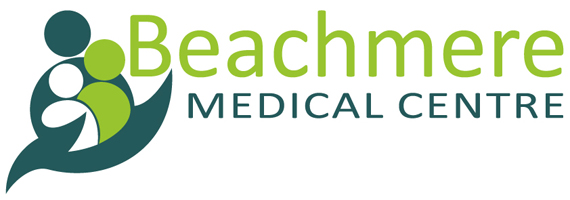Imago Therapy: Turning Conflict into Growth
Imago Relationship Therapy, created by Dr. Harville Hendrix and Dr. Helen LaKelly Hunt in 1980, is a specialized approach to couples therapy designed to transform conflict into opportunities for healing and personal growth. The therapy focuses on deepening emotional connections by addressing the root causes of relational struggles.
The word “imago” comes from Latin and means “image.” In this context, it refers to the “unconscious image of familiar love” that shapes how we interact with romantic partners. Often, our frustrations in adult relationships stem from unresolved issues from childhood. For instance, someone who faced constant criticism as a child may become overly sensitive to perceived criticism from their partner. Similarly, feelings of abandonment, suppression, or neglect from childhood often resurface in committed relationships, creating challenges that may feel overwhelming.
By exploring these deep-seated “core issues,” Imago Therapy helps couples empathize with each other’s experiences and heal together. Through this process, partners move toward a more connected and fulfilling relationship, sometimes called a “Conscious Relationship.”
Why Do Relationships Change After Falling in Love?
When relationships deepen—such as when couples move in together or get married—things can unexpectedly go wrong. The qualities you once admired in your partner may become irritating, and their flaws might feel unbearable. This disillusionment can trigger arguments, resentment, and fear of losing the love and safety you believed you had.
During this stage, many couples fall into a “power struggle,” marked by blame, criticism, or attempts to manipulate their partner into meeting unmet needs. The relationship may settle into a fragile truce or, worse, end altogether.
But why does this happen? Imago Therapy suggests that it’s not random—it’s part of the subconscious process of choosing a partner.
Our subconscious mind is driven by a desire to restore the sense of aliveness and wholeness we felt as children before any emotional wounds occurred. To heal those wounds, we unconsciously seek out partners who remind us of our childhood caregivers—both their positive traits and the qualities that caused us pain.
This “imago”—an unconscious image of the perfect partner—is shaped by early experiences and guides our romantic choices. When we fall in love, our brain tells us we’ve found the person who can heal our old wounds. However, as the relationship progresses, the same traits that initially drew us to our partner often mirror the very traits that hurt us in childhood, leading to conflict.
Imago Therapy teaches couples that these struggles are not a sign of incompatibility. Instead, they are an opportunity for growth and healing if addressed consciously and compassionately.
Techniques Used in Imago Therapy
- Dialogue
Imago dialogue is a guided communication process designed to improve understanding and create emotional safety. It involves:- Removing negative and hurtful language from conversations.
- Establishing a safe and supportive space for sharing.
- Balancing power dynamics to encourage equal partnership.
- Mirroring
Mirroring involves repeating what your partner has said to ensure clarity and understanding. For example, you might say, “So I heard you say…” and then paraphrase their words. This technique is done without judgment or response, focusing solely on listening and reflecting. - Validation
Validation is the act of acknowledging your partner’s perspective. It shows that you understand—or are at least trying to understand—where they’re coming from. For instance, you might say, “I can see why you’d feel that way.” If you don’t fully understand, you can ask clarifying questions to deepen your understanding. - Empathy
Empathy goes a step further by expressing an understanding of your partner’s emotional experience. For example, you might say, “I imagine that must feel really frustrating for you.” Empathy helps create a stronger emotional bond by showing that you genuinely care.
Benefits of Imago Therapy
Imago Therapy offers numerous benefits for couples and individuals, including:
- Improved communication and emotional connection.
- Healing repeated patterns of conflict or misunderstanding.
- Rebuilding trust after infidelity or betrayal.
- Strengthening intimacy and commitment.
- Using conflict as a tool for growth.
- Gaining insight into personal triggers and past experiences.
This therapy helps individuals better understand themselves—their values, habits, sensitivities, and needs—which in turn enriches their relationships. By addressing the root causes of conflict, couples can build stronger and more fulfilling connections.
Who Can Benefit from Imago Therapy?
Imago Therapy isn’t just for couples in distress. It’s suitable for anyone seeking to deepen their relationship or understand their relational patterns, including:
- Couples at any stage of their relationship.
- Individuals who want to explore their personal attachment styles.
- People who want to understand their choice of partners.
- Couples looking to improve their already healthy relationship.
Getting Started with Imago Therapy
You can begin Imago Therapy through:
- Individual or couples therapy sessions with a trained therapist.
- Online therapy programs.
- Workshops tailored to specific needs, such as premarital counseling, parenting, or addressing specific relationship challenges.
Whether you’re looking to resolve ongoing conflict or strengthen a loving bond, Imago Therapy offers a pathway to greater understanding, healing, and growth in your relationships.
